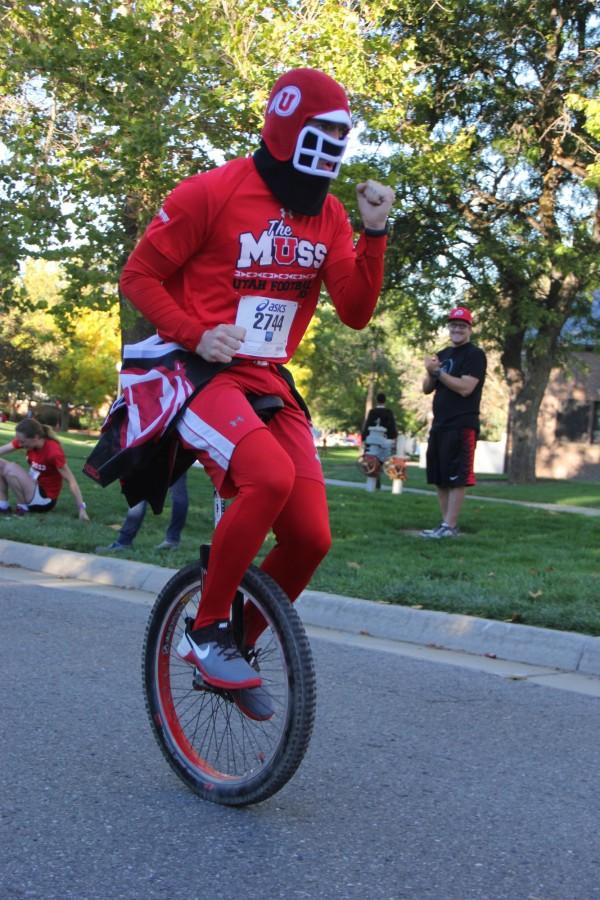Come Fall Semester, what will become the U’s Department of Occupational and Recreational Therapies is hoping to offer a new undergraduate bachelor’s degree in recreational therapy.
The new degree will be an extension of the current recreational therapy emphasis offered under the parks, recreation and tourism major. Sandra Negley, program director and current coordinator of therapeutic recreation, said recreational therapy is a tool that can be used to “make functional changes within an individual,” such as “teaching coping skills, preventing suicide and improving quality of life.”
Negley said the current emphasis program has been in place for more than 40 years, and its success, as well as the growth and current trajectory of recreational therapy nationally encouraged the U’s move to turn it into a full degree program. Dr. Lorie Richards, chair of the Division of Occupational Therapy, said as part of the re-organization of the College of Health, recreational therapy will be a separate entity alongside occupational therapy, creating the new department over both.
Both Richards and Negley said those in recreational therapy professions are finding themselves increasingly employed in a healthcare-type setting. As such, the new major will seek to better prepare students for jobs in this environment, offering classes to provide more clinical, client-based experience.
According to the degree program proposal submitted to the Office of the Senior Vice President for Academic Affairs, there is both a market demand for recreational therapy professionals as well a student demand at the U for relevant training. The Bureau of Labor Statistics predicted a “13 percent job growth in this profession through 2022.” The proposal also said that currently 50 PRT students have declared recreational therapy as an emphasis, and “increased enrollment is expected with the increased visibility through the move to a bachelor’s degree.”
Negley said the degree will help U students, who already score higher than the national average on RT certification exams, to “excel even more and be even more competitive in the marketplace.” The major will require 69 to 71 credits of coursework, with 40 core class credits. According to the proposal, the degree must first be accredited.
Negley said the new program and curriculum has already been written, and the next step for the proposal is review by the U’s Board of Trustees and the State Board of Regents. A search is also currently underway to hire an additional tenure-track faculty member for the new program.
Negley said 53 percent of recreational therapists in the state graduate from the U, and the new program will be the only degree at a public institution in the west.
“We will be a leading school in the country for recreational therapy,” Negley said.
Richards and Negley hope to eventually create a master’s degree program in recreational therapy, as well.
n.venugopal@dailyutahchronicle.com
@NikiVenugopal


